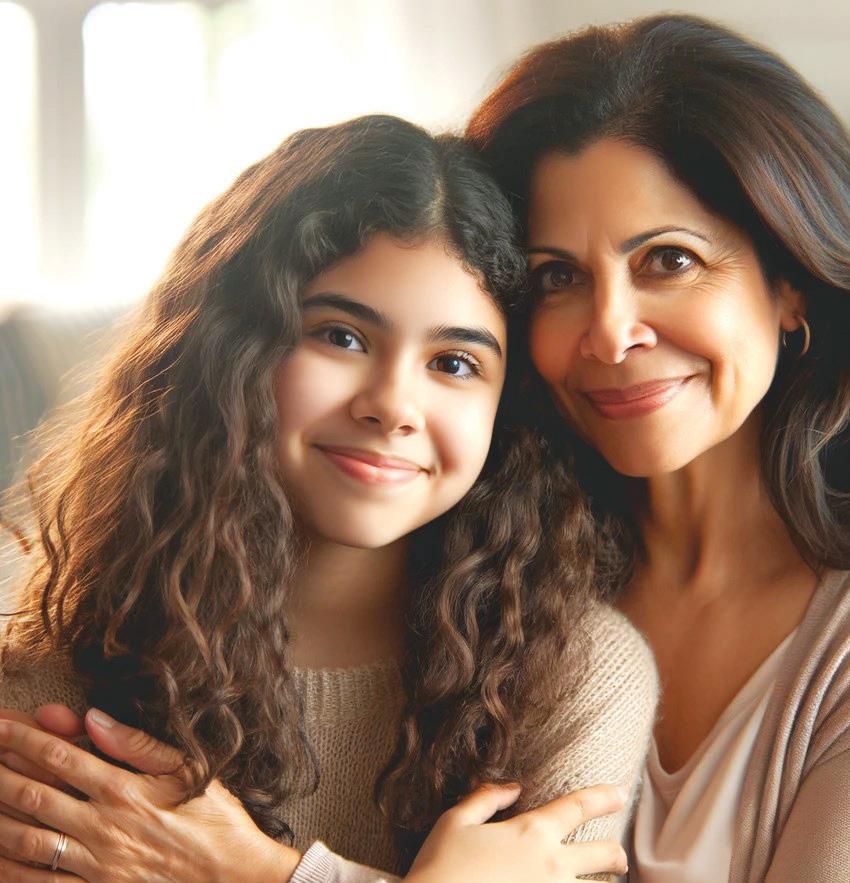Guide to Health, Beauty & Fitness

Health
How to keep your eyes healthy this summer Beauty Sun exposure and skin cancer Fitness
Discovery Bay woman helps clients release trauma


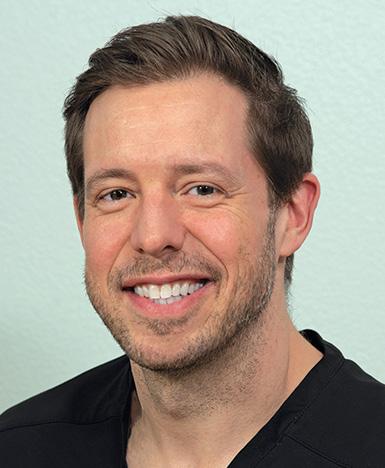
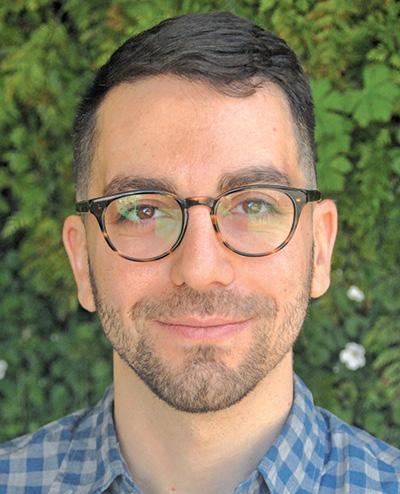
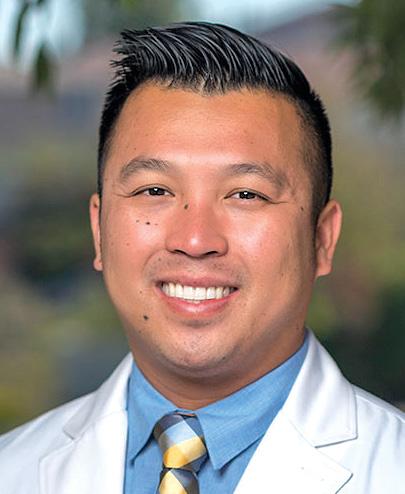

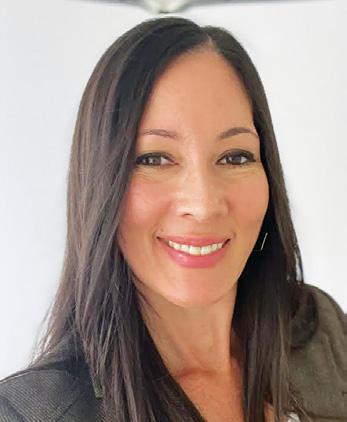




Health
How to keep your eyes healthy this summer Beauty Sun exposure and skin cancer Fitness
Discovery Bay woman helps clients release trauma









Alameda Pediatric Dentistry is relocating its Brentwood office to a new, expanded space, along with the addition of an esteemed doctor to its team, Dr. LaJuan Hall.
The new office will open in August 2024 and will be at 4510 O’Hara Avenue, Suite C. It will feature private rooms for treatment and special needs care, as well as family rooms for larger families. The practice is being designed to enhance patient comfort, with dimmable lights, overhead TVs, and the latest technology in the dental field. For now, you can still visit Alameda Pediatric Dentistry at their current location in the John Muir Building at 2400 Balfour Road, #309.
In addition to the move, Alameda Pediatric Dentistry welcomes Dr. Hall to its team of dental professionals. With more than 30 years of experience in pediatric dentistry and a stellar reputation in Brentwood, Dr. Hall brings a wealth of expertise and a passion for serving children and families. Dr. Hall received the 2023 UCSF School of Dentistry Medal of Honor and is known as a woman trailblazer in oral health.
“We are delighted to announce the relocation of our Brentwood office to a larger, more accommodating space, as well as the addition of Dr. LaJuan Hall to our team,” said Dr. MyLinh Ngo, Partner and Chief Dental Officer at Alameda Pediatric Dentistry. “These updates reflect our ongoing commitment to providing our patients with the highest quality dental care in a comfortable and nurturing environment.”
Joining Dr. Jennifer Sun and Dr. Leila Zokaei, the
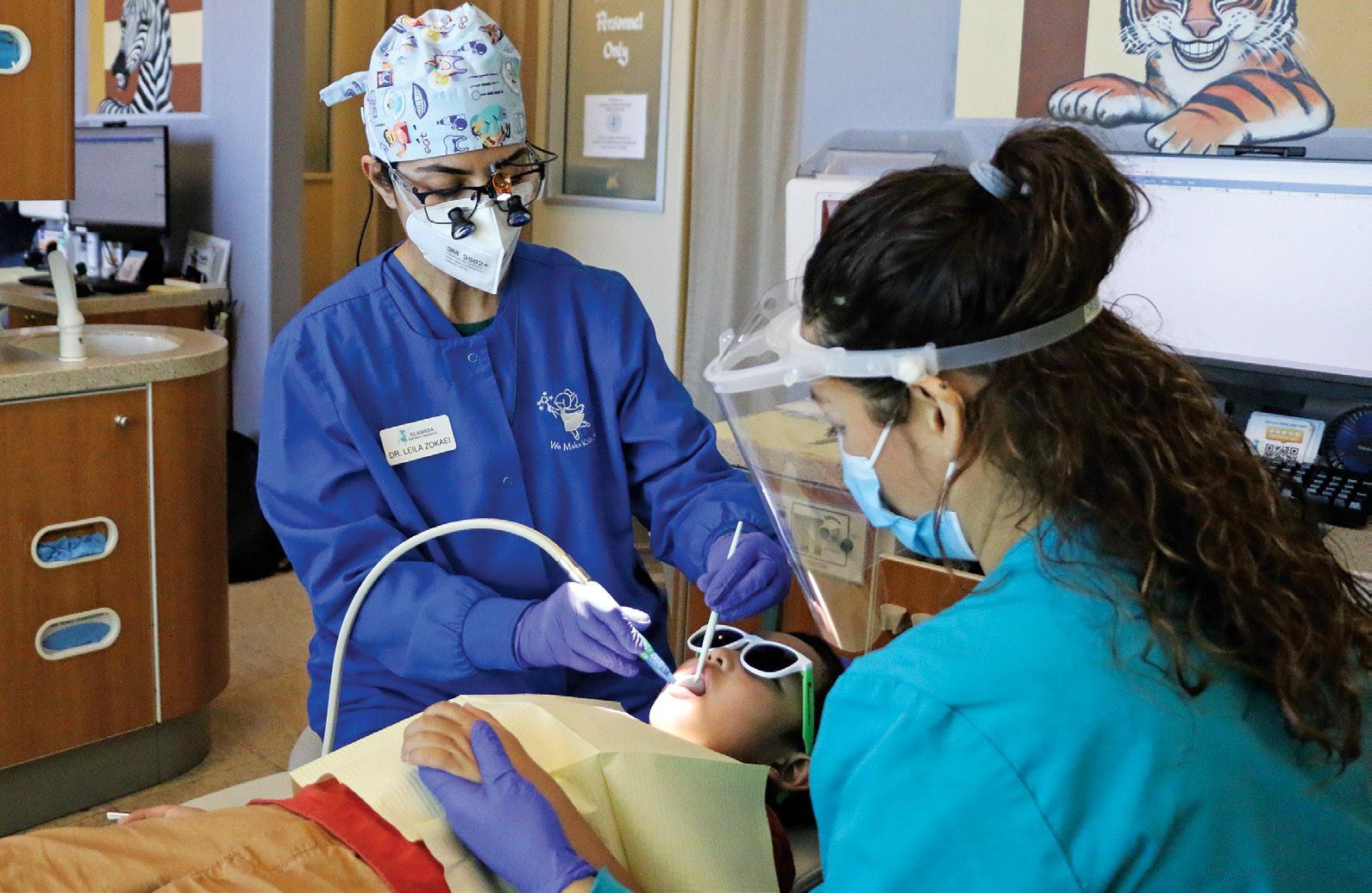
Brentwood office will have more appointments available and will continue to be on call for emergencies. Alameda Pediatric Dentistry invites existing and new patients to experience the enhanced facilities and unparalleled care at its new Brentwood location. To schedule an appointment or learn more about the practice, visit www.APDsmile.com or call (925) 516-4107.
About Alameda Pediatric Dentistry & Orthodontics Serving families since 1971, Alameda Pediatric Dentistry & Orthodontics has built a reputation for
Alameda Pediatric Dentistry is relocating its Brentwood office to a new, expanded space, along with the addition of an esteemed doctor to its team, Dr. LaJuan Hall. The new office will open in August 2024, and will be at 4510 O’Hara Avenue, Suite C.
providing exceptional dental care that families trust. Their vision is to create a strong foundation of oral health for a lifetime.
They offer convenient, compassionate, and comprehensive dental care in four Bay Area locations: Alameda, Oakland, Pleasanton and Brentwood. They can treat all kids, including those with special needs. They offer a free “Baby’s First Smile” visit for new patients younger than 24 months old. Their dentists not only treat kids today, but they prepare children for a lifetime of healthy smiles.















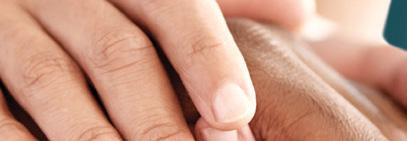



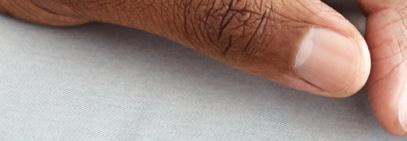


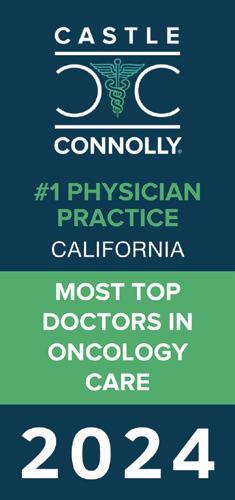




TAs the mercury rises and more and more people emerge from their winter and early spring hibernation, a rundown of the link between sun exposure and skin cancer can remind readers of the need to exercise caution when heading outdoors in the months to come.
Sun and skin cancer risk
Exposure to the sun is a risk factor





































for skin cancer. According to the American Institute for Cancer Research (AICR), exposure to ultraviolet radiation is the primary cause of skin cancer. Ultraviolet radiation comes from natural sources, like the sun, but also from artificial sources like tanning beds. The AIM at Melanoma Foundation notes that exposure to the ultraviolet radiation is the main risk factor for melanoma, which the Melanoma Research Alliance notes is the deadliest form of skin cancer.
Does past exposure affect my risk today?
AIM at Melanoma notes that cumulative sun exposure and episodes of severe sunburns increase the risk of developing melanoma. According to the Skin Cancer Foundation, research has shown that the UV rays that damage skin also can alter a tumor-suppressing gene, giving cells less of a chance to repair before a progression to cancer takes place.
hood or adolescence more than doubles a person’s risk of developing melanoma later in life, while five or more sunburns more than doubles that risk as well. The damage to skin caused by a sunburn is indeed cumulative, so the more sunburns a person gets, the greater that person’s risk of developing skin cancer becomes.
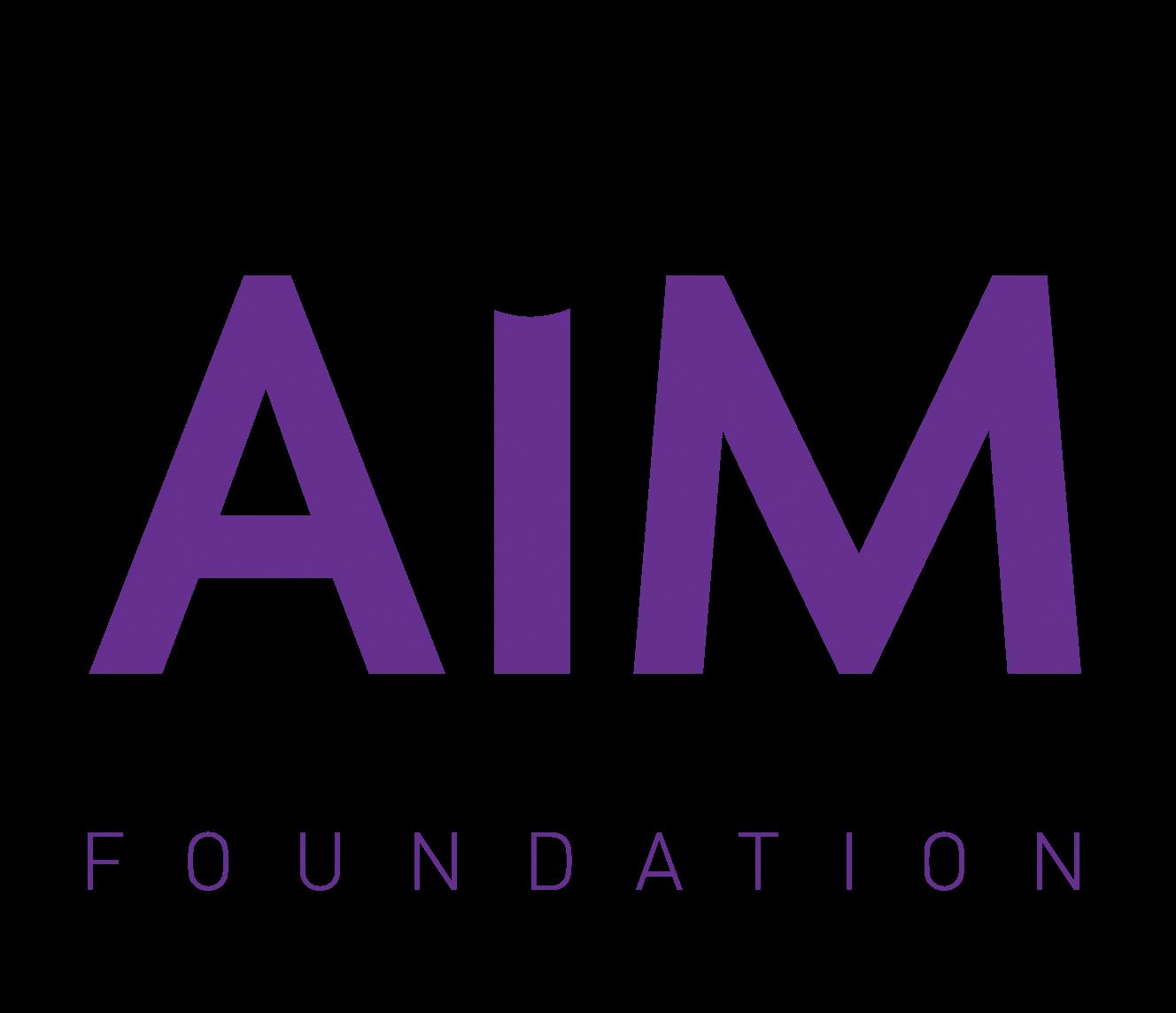
AIM at Melanoma notes that the tan many people hope to get and keep throughout late spring and summer is detrimental to their overall health. AIM notes that a tan develops when the skin tries to protect itself from UV rays by producing pigment as a protective shield. The more pigment the body produces, the darker the skin becomes. So a tan is evidence that the skin has been damaged by exposure to UV radiation. In fact, AIM notes that each time a person develops a tan, that individual’s risk of developing skin cancer increases.



A single blistering sunburn in child -
– Courtesy of Metro Creative


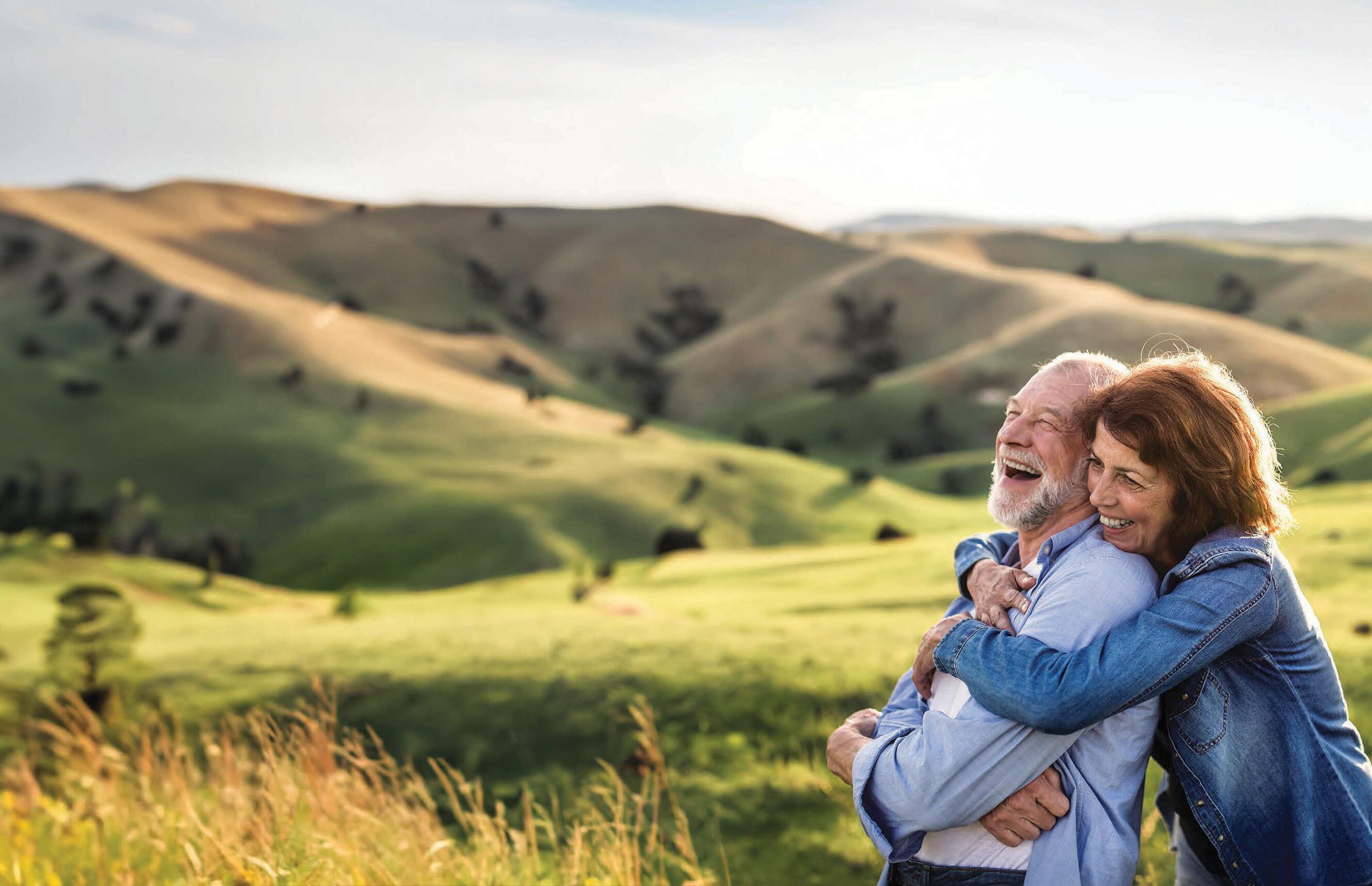

Michelle Powell Evans of Discovery Bay has made it her life’s mission to teach and provide her clients self-healing techniques through her transformational energy workshop.
What is transformational energy work? Students who seek to dispel stuck energy from life experiences such as traumas, and trigger causing stress call upon Powell Evans’s scientifically based method to release unhealthy energies that are connected to emotions and thoughts.
Growing up with health-conscious parents and studying nutrition for decades, Powell Evans’s passion for healthful food and exercise became further elevated as she realized that a healthy mind and soul are equally important and impactful to a person’s health.
“For decades I have been teaching people about nutritions,” she said. “I love what I have learned about nutrition and fitness. But in my journey I’ve learned that I don’t care how healthy I am, or how fit I am. If I’m emotionally not in balance, that will throw of my energetic state, so I started for myself learning different modalities, techniques and tools to manage my own stress”
“I am blessed that I have learned how to help people, and release traumas and triggers, and anything in the past

Growing up with health-conscious parents and studying nutrition for decades, Michelle Powell Evans’s passion for healthful food and exercise grew as she realized that a healthy mind and soul are equally important and impactful to a person’s health.
that isn’t serving them,” she said.
Students are taught through exercises such as meditative breathing techniques, tapping, and meditative paddle boarding, which is popular for those who find a strong connection to water, and love being on the Delta, she said.
“When clients walk in for a class, they come in with all forms of stress, and depression,” Powell Evans said. “The three big stresses I see are caused by emotional,
financial, and health triggering stresses that we address during class, and when clients leave, they leave with a sense of ‘I’ve got this!’. They walk away with hope, and encouragement.”
For details, including future healing sessions, visit MichellePowellEvans.com.

To view a video and a slideshow, visit www.thepress.net/ multimedia

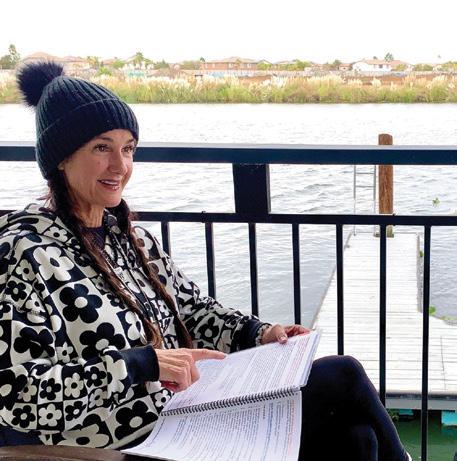
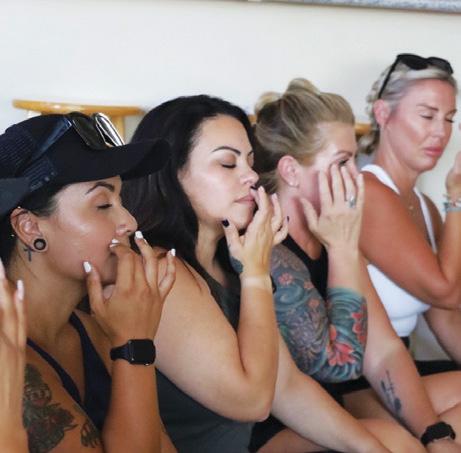
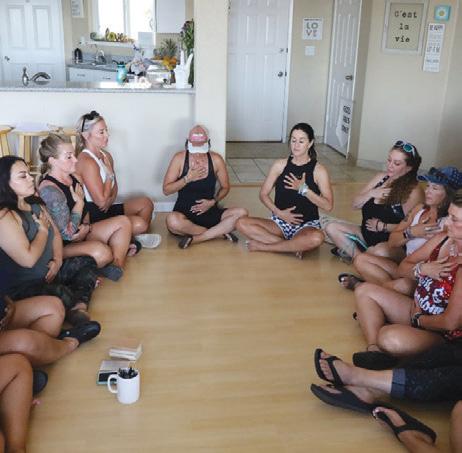



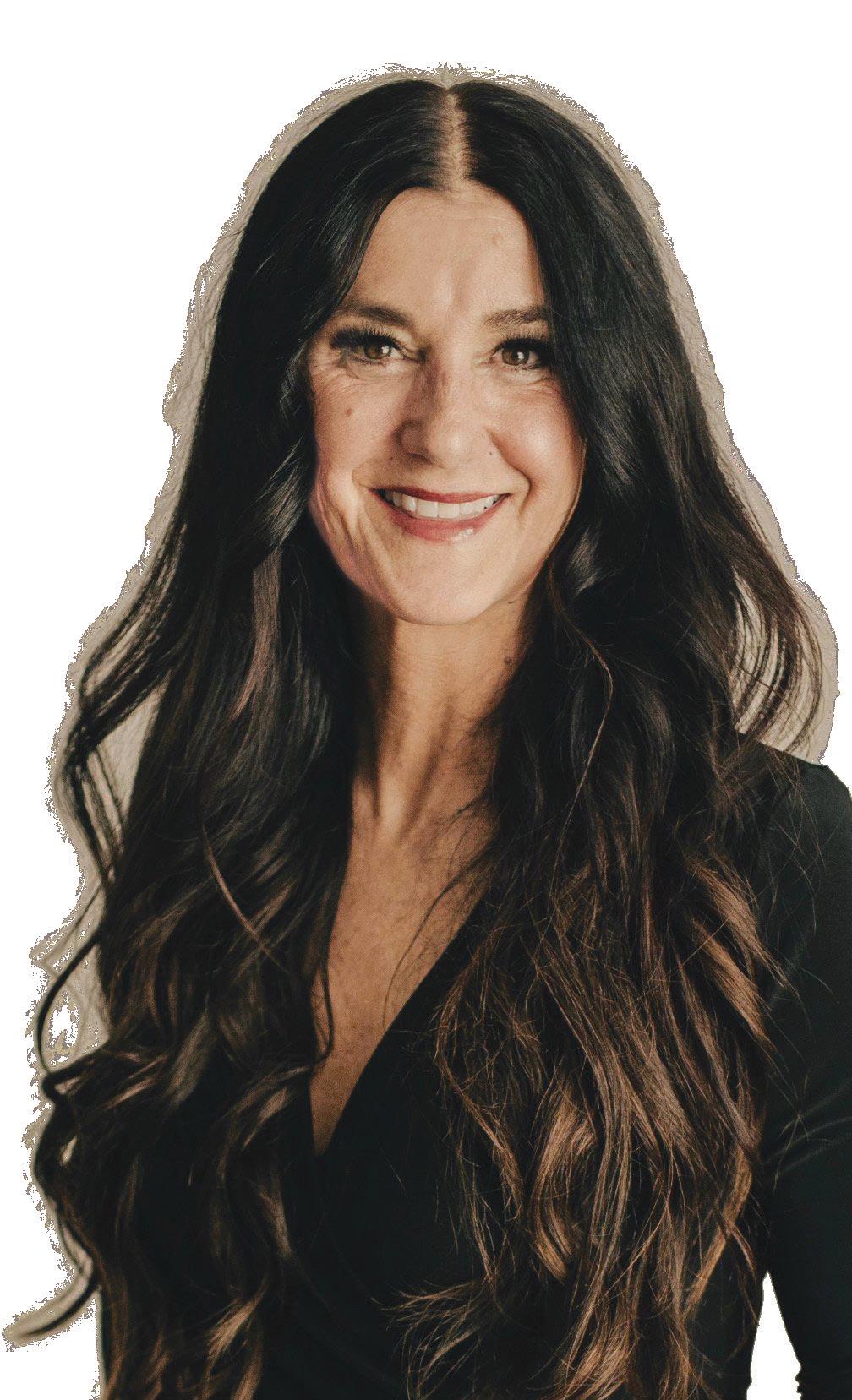
Eye health is an important factor in our overall well-being. Yet 65.3% of California children don’t regularly see an eye doctor. With many kids out of school for the summer, screen time may add up quickly and potentially contribute to health issues, making it a great time to shine a spotlight on vision health.
That can include a focus on preventing or treating nearsightedness, also known as myopia, which can affect our ability to see far-away objects clearly. Importantly, childhood onset of myopia has been linked to a greater risk of developing serious eye diseases later in life, including cataracts and glaucoma.
Myopia is on the rise, affecting about 42% of all Americans, up significantly over the last few decades, statistics show. By 2050, experts project that 50% of people worldwide will be nearsighted.
In an increasingly digital world, it’s more important than ever to be aware of this growing issue and how to address it. This is especially true for kids. According to an international research study, children who spend most of their time on both a smartphone and a computer may have an 80% higher risk of developing myopia.
Here are some tips to support eye health for you and your family:
♦ Reduce excessive blue light exposure.
Research is showing the potential health implications of excessive exposure to blue light, including disrupted sleep cycles
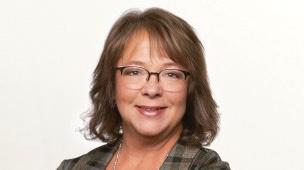
and digital eye strain. Nearly 60% of U.S. adults report experiencing symptoms of digital eye strain with Americans spending an average of 7 hours per day interacting with screens. Make sure to spend ample time outdoors, which research has shown may reduce the risk of nearsightedness.
♦ Watch for warning signs of myopia. Some common symptoms include far-away objects appearing blurry while close-by items are clear, squinting to see properly, eye strain and even headaches. For parents and caretakers, it’s important to remember that children may not know they have a vision problem, so pay attention to indicators like head tilting to read or watch TV, reduced performance at school or constant blinking.
Get a comprehensive eye exam and consider myopia management if needed. If you think you or a loved one may be experiencing vision issues or if you’re a frequent computer user, make sure to visit an eye doctor and get a comprehensive eye exam. These exams can detect health problems that a simple vision screening may miss. Ideally, kids should get annual comprehensive eye exams throughout their school years.
Lori Archer, CEO, UnitedHealthcare Vision, eye doctor and board member for the Global Myopia Awareness Coalition.

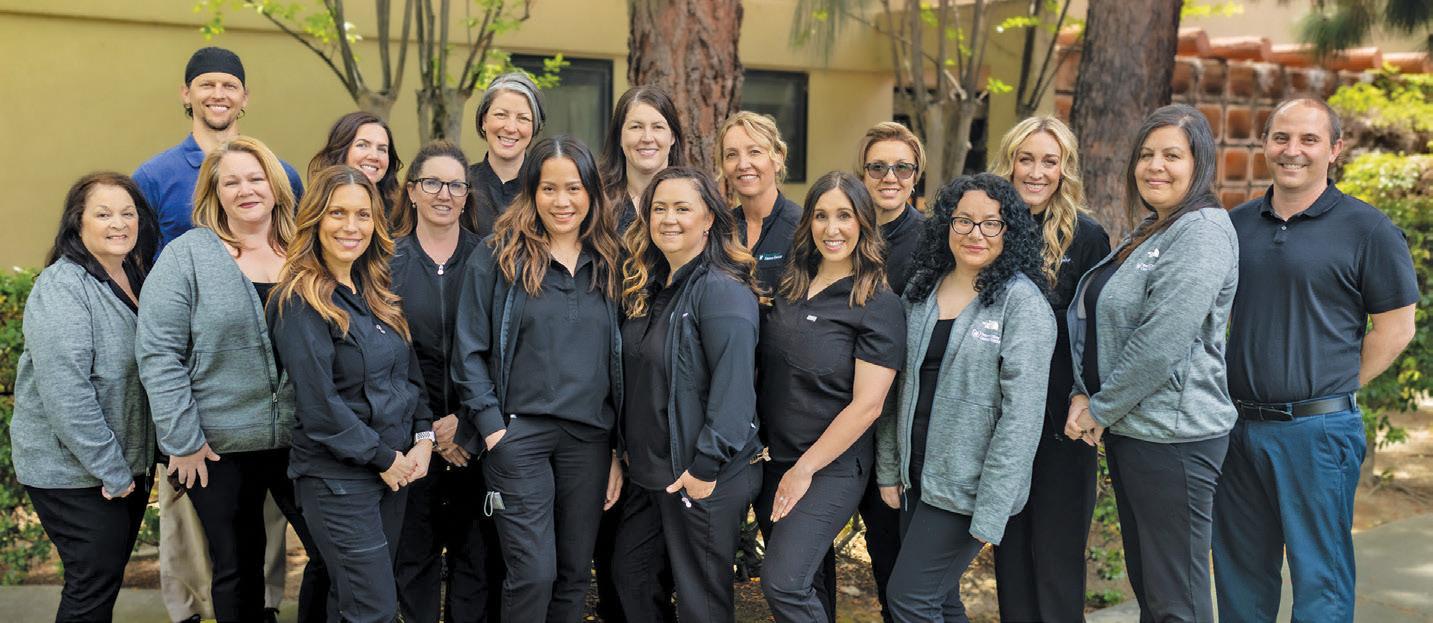











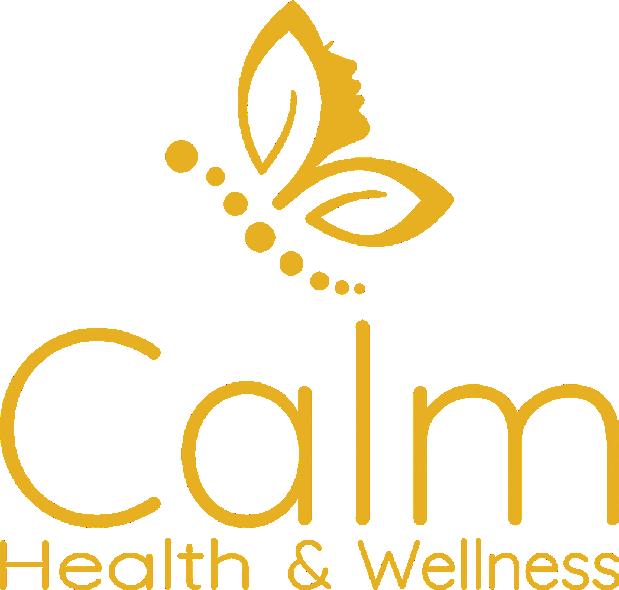
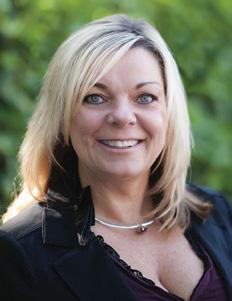







Suicide. We think there are no other options, but it’s about just wanting some terrible thing to stop and feeling like we have no other choice. We look through a very frantic and desperately narrow lens. But if your glasses have flames painted on the lenses, then it’s no surprise when it looks like everything is on fire. The “mission” is about taking off the glasses.
The funny thing about perspective is that sometimes you get it by force. I know about desperate because I know what the barrel of my gun tastes like. Like I said, perspective.
I was raised in the Midwest, steeped
in the “men don’t cry, emotions are weakness” mentality where I learned what it meant to “be a man.” That message promoted the idea that if I needed to feel something, I better keep it to myself.
You see, I used to be a police officer. I saw what most first responders would say is the “typical” horrors, but no more than the average first responder currently keeping your neighborhoods safe. I suffered silently and things got really low. I “dealt with it” by punishing myself (and my family, unfortunately), and I’m not the only one who paid a price for my mistakes. I’m nobody special. But despite that well-trained inner voice screaming “This is embarrassing, shame on you, people are going to laugh at your weakness,” I’m willing to talk about it.
The stigma exists because we spend our entire lives preparing for the battle that comes from the outside in, but we didn’t spend any time preparing for the battle
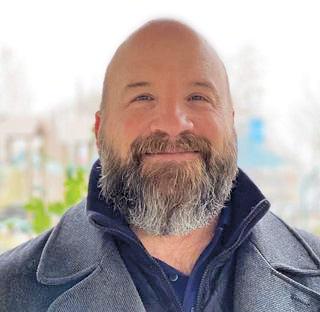
that will (inevitably) come from the inside out.
Everybody else thinks you’re an alcoholic, so it’s not changing until it changes in you.
#3- The core of the “mission.” You have to give that part of yourself that’s been “protecting” you from feeling emotion, PERMISSION to act. You’re fighting a lifetime of shame attached with stigma, so when you have to deal with this stuff, it’s going to be unfamiliar and uncomfortable. You’re getting into areas you’ve never been and “exercising muscles” you’ve never used, so you have to give yourself permission to be intimidated by it, to not be immediately perfect at it, to stumble and fall, and to get back up and keep going.






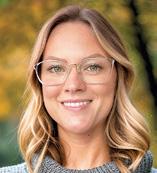
After my very difficult journey back from the edge, I became a therapist so I could be the resource that I failed to reach out to when I was suffering. I regularly work with first responders and military personnel (complex trauma and PTSI) and the anecdotal evidence suggests that the stigma is still very much alive. I know the people with whom I’m talking because I used to be that person. I also know about the bad taste first responders have in their mouths for all things therapeutic and the idea that admitting that “something is wrong” will ruin your career. So, we just say “I’m fine” and lay the lead blanket of “that’s what I signed up for” over our problems, and ignore it until it’s too big to ignore.
All this to say, I know there are people out there who are still suffering, afraid (but don’t you dare admit it) to reach out and ask for help. And that’s why I’m asking you, the suffering, to join the “mission” because lives may depend on it.
There are three things that have to happen in order for you to “get started.” They’re going to sound obvious, but you’ll see why it’s maybe not so much.
#1 - You have to ACKNOWLEDGE that something is going on that needs to be addressed. If you’ve been depressed for 20 years, it’s not “who you are.” You’re depressed. Do something.
#2- You have to ACCEPT the true level to which that “thing” is hurting your life. “I only drink a little bit.” Yeah, right.





Are you still carrying around a dumbbell from when you went to the gym for the first time? No, because at the time you gave yourself permission to put the weight down, rest, and then come back and try it again. So, why don’t we put down the emotional stuff? Because that’s what we “signed up for?”
When I reflect on my journey, I think about how everyone else would respond to my change. “What’s wrong with you? Why don’t you hang out with us anymore? “The built-in shame and embarrassment were significant, but then I had to remind myself that 4>2. Someone else being uncomfortable in my positive change meant that they were uncomfortable, NOT that I was doing something wrong. I was doing it FOR myself, my family, my future, not TO them. It won’t be easy, and it won’t be immediate. But have you ever seen anyone jump to the top of Mount Everest? Nope. Small steps, and a guide. Give yourself permission to find that guide and get started.
Donn Bradley is a former police officer in the Bay Area who is now a licensed Marriage and Family Therapist (CA BBS# 136597) located in Brentwood, working primarily with first responders and former military personnel and their families. He can be reached at therapywithdonn@gmail.com or through his profile on Psychology Today (https:// www.psychologytoday.com/us/therapists/ donn-bradley-brentwood-ca/746276.
